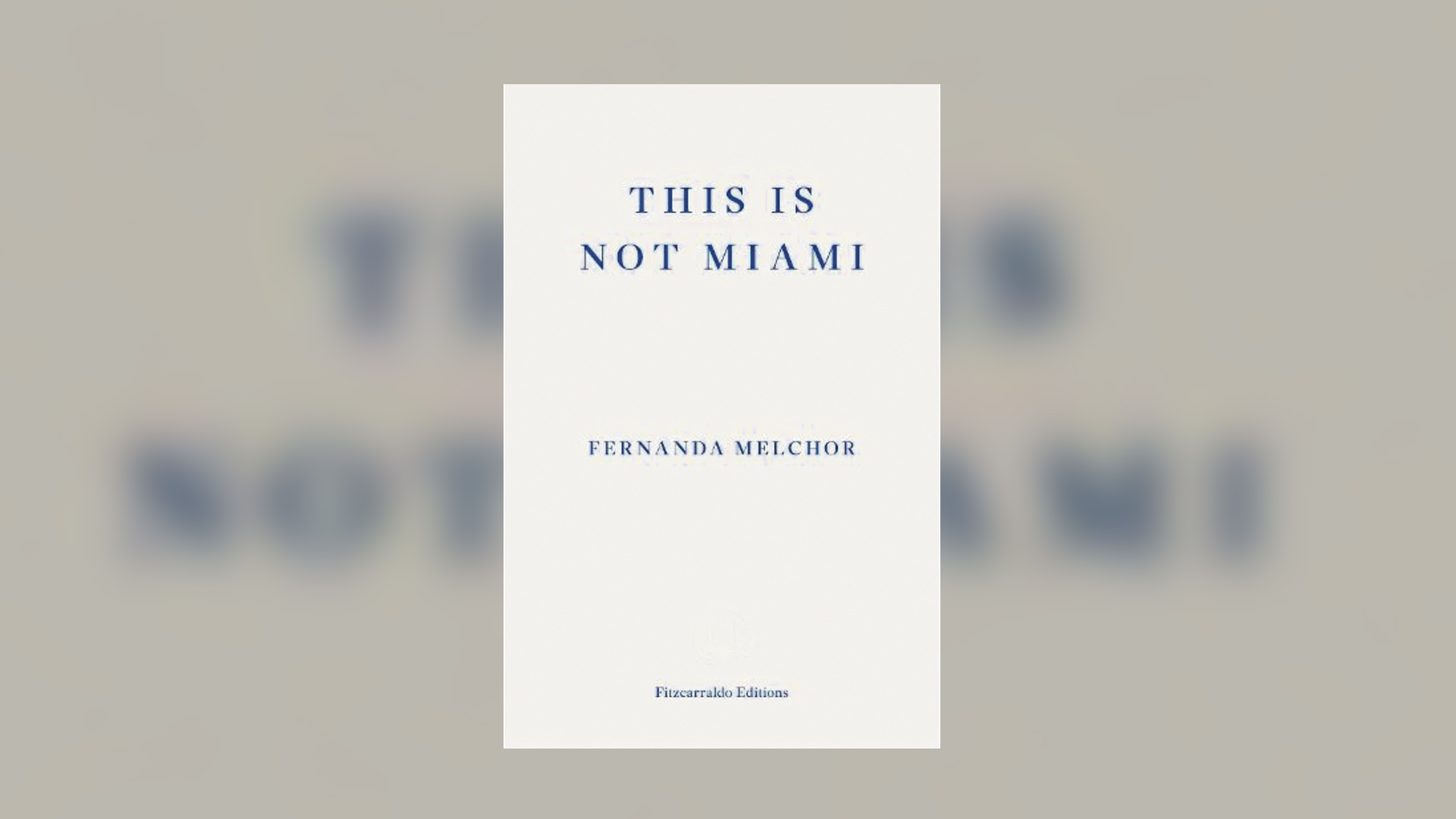In her stonkingly good collection, This Is Not Miami, Fernanda Melchor writes about infamous historical events in her childhood home of Veracruz in Mexico, using a docu-dramatical approach to chronicling the realities of living in a city where violence is commonplace as breath. Its 12 narratives acknowledge the fictions that shape family gossip or hearsay on the street. Tragic happenings become the stuff of urban legend – shaped by the subjectivity of each new storyteller.
In ‘The House on El Estero’, Melchor relays the disturbing tale that her ex-husband unleashed on their first date, about the demonic possession – and subsequent exorcism – of his friend. The story seems both a gift and a burden; Melchor deconstructs the haunted house of this past relationship, addressing how we might create narratives about someone as we get to know them intimately.
Your support changes lives. Find out how you can help us help more people by signing up for a subscription
The titular piece, ‘This Is Not Miami’, presents some hours in the life of a stevedore who witnesses the arrival of terrified migrants to the docks, desperate to escape ruthless policemen. Just as traumatic experiences often repeat in the lives of survivors, the stories begin to seep into each other.
In the final story, ‘Veracruz With a Zed for Zeta’, Melchor threads together the direct or vicarious experiences of citizens across a spectrum of inequality, each shadowed by their suffering. Though each vein of society is grasped by the cartels, it is the average person in Veracruz who must accept brutality as part of their daily life. Only the elite can afford to hide from it.
Melchor never sensationalises her tragic material, which is sometimes drawn from stories she heard as a child. Her landscape feels horrific precisely because these horrors have become ordinary to its inhabitants. And yet, they find ways to endure.









